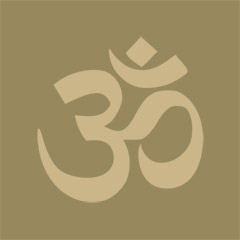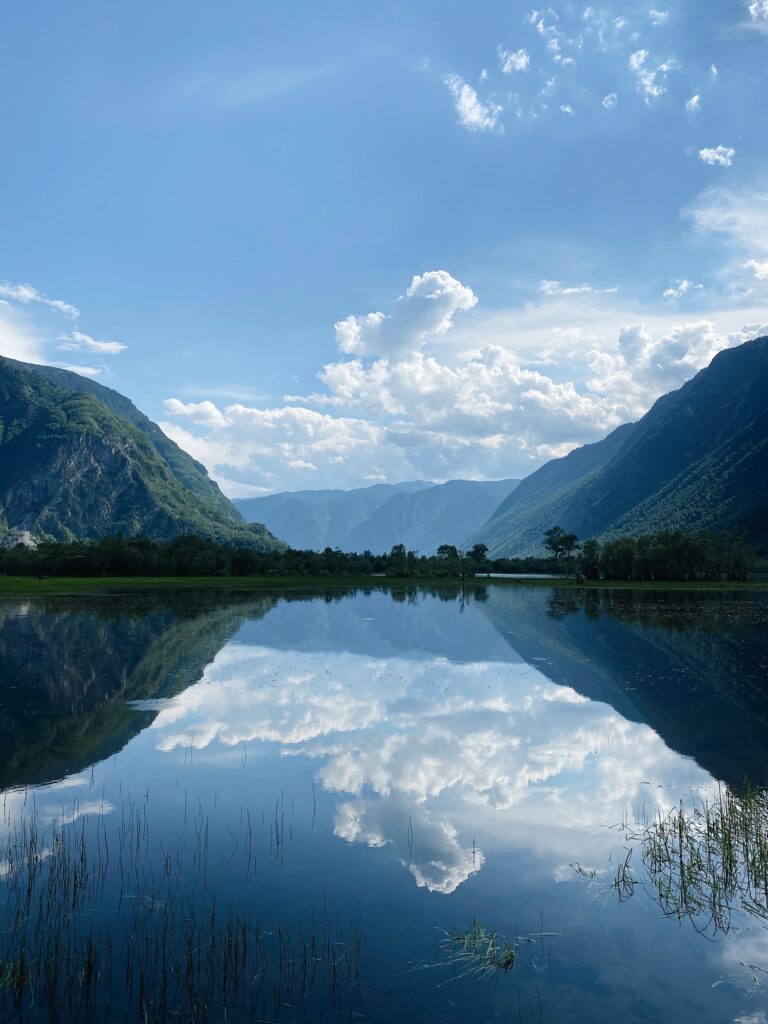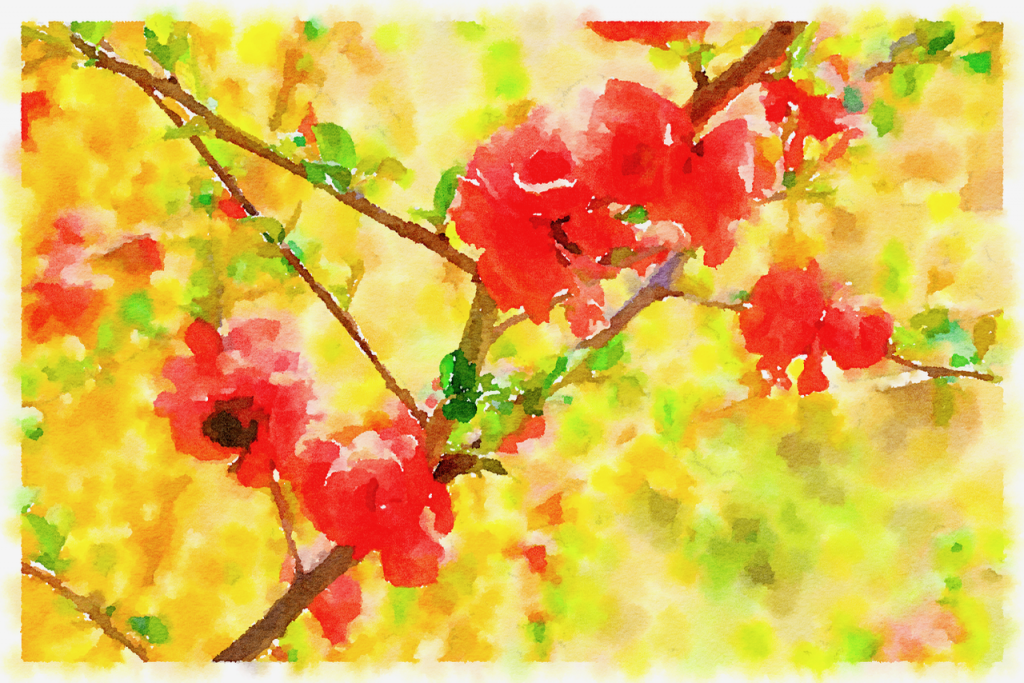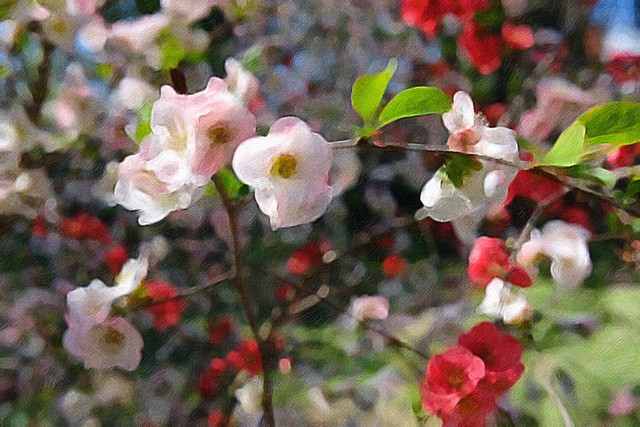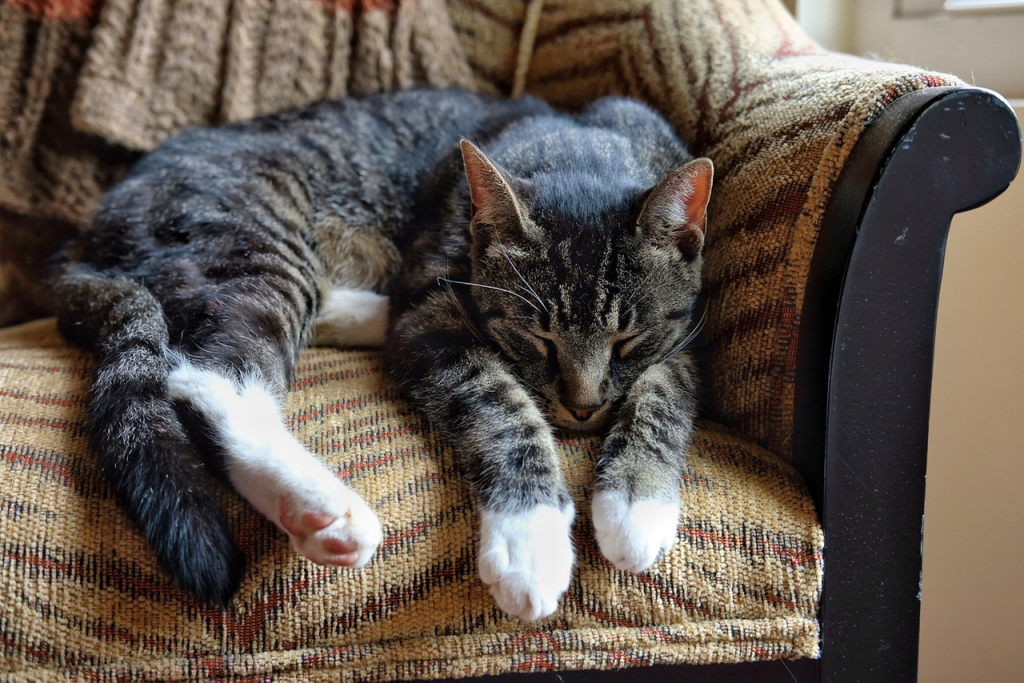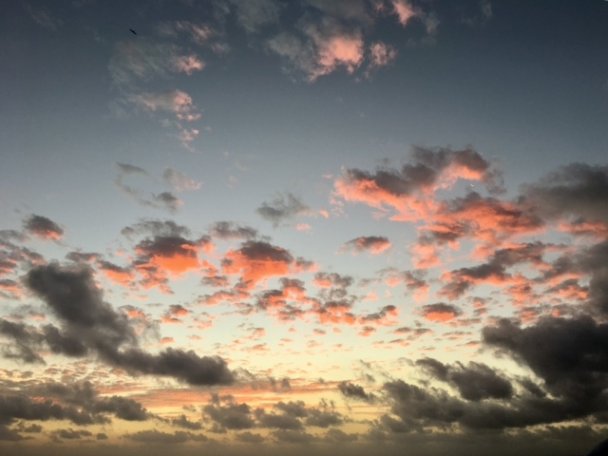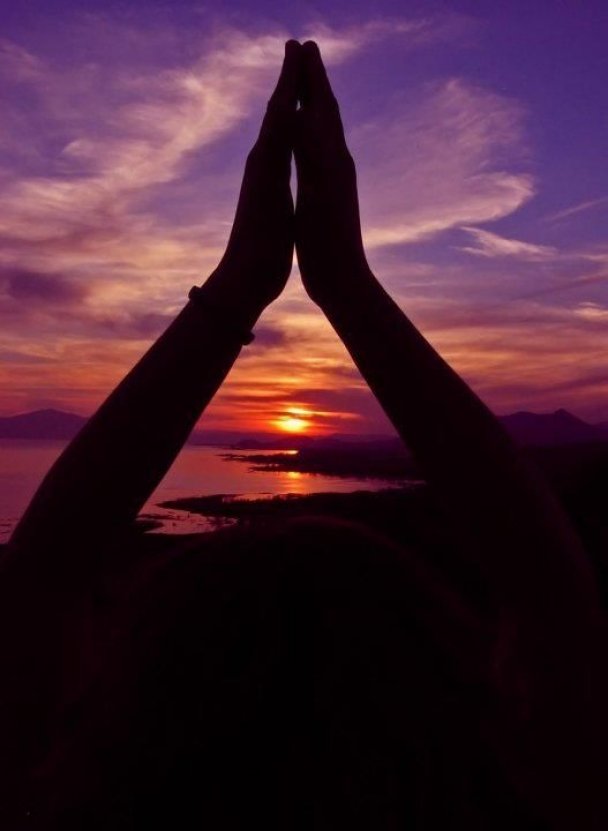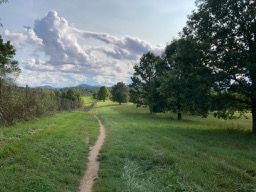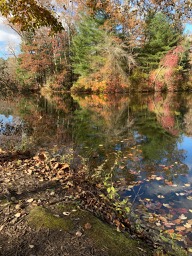I went car/motorhome camping a few weekends ago with some girlfriends. We experienced a lot of “firsts” so were able to use the Hebrew word Shehecheyanu many times. The word is part of a Jewish blessing that is traditionally recited the first time you do something each Jewish calendar year, such as light the menorah the first night of Hanukkah, or celebrate Rosh Hashanah, the Jewish New Year, as well as mark joyous and special occasions.
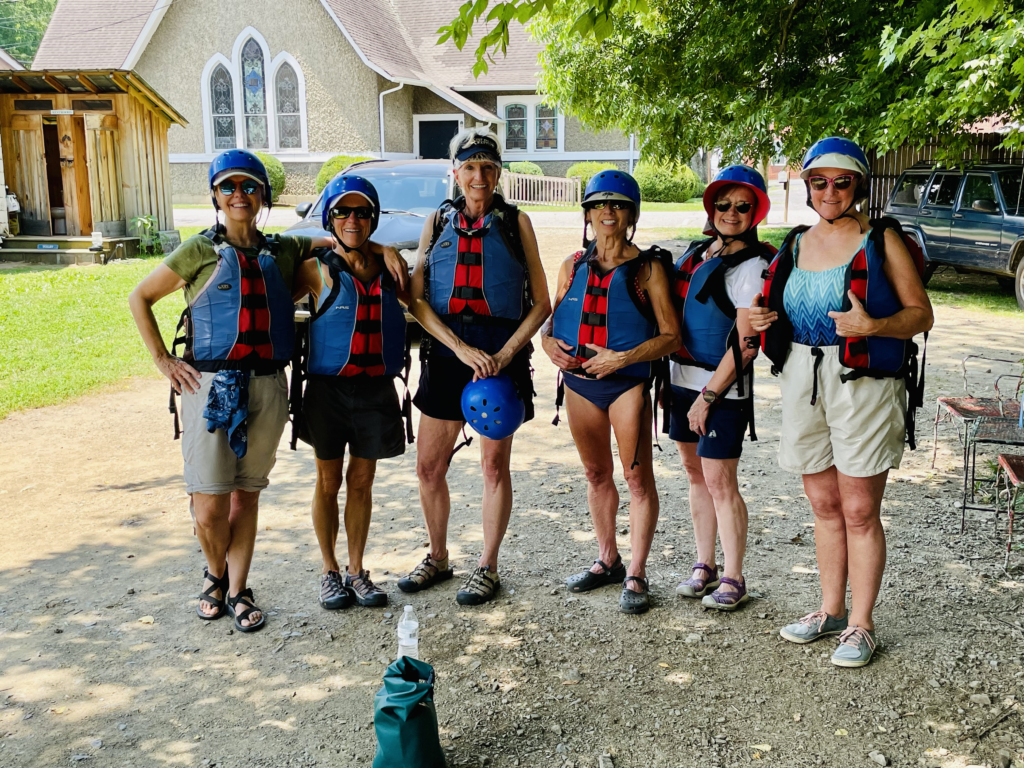
I used the word to commemorate my first time driving a motor home. Another friend used it to celebrate her first raft trip down a river. I also believe the blessing is meant to recognize the miracle of arriving in the present moment. I may be giving Shehecheyanu my own spin, but I appreciate the spirit of the practice. Acknowledging my first motorhome driving experience gave me a starting point to observe myself awakening to new, and maybe not-so-new, moments in a different way.
Isn’t each day unique, even if we go to the same places every day or do the same things? We’ve never woken up on Thursday, July 9, 2021 before today. (I’m posting this on the first day of July 9, 2021.) We have arrived on this day after waking on countless other mornings.
As we gradually emerge from the pandemic’s lockdowns, we may have many “firsts.” The first time we eat inside a restaurant since April 2020; visit and hug our far-flung or right-next-door family and friends; attend an in-person yoga class, church service, book club, or gym. Each day will have its special firsts, different for each of us. How exciting! And maybe a bit challenging!
One of my dearest, closest friends had a stroke a few weeks ago. I spoke with him and he is in wonderment at living in a rehabilitation facility. “It’s like being on a yoga retreat,” he exclaimed. “I take three classes (therapy sessions) a day. I receive healthy meals in my room. I rest every afternoon for a while.” His recent firsts include taking one step without assistance, learning to use his left leg, and holding a spoon. This is a man who was playing on yoga ropes two days before the stroke. He sounds like a three year old in his excitement. His perspective is of wonderment, not depression, although he does have those moments, too.
Where does this discussion of firsts leave us? For me, I intend to be open to what I’m experiencing in the present moment, rather than in reconstructing what I felt in a prior experience. For example, the “first” time of post-pandemic restaurant indoor dining, I felt weird, a little scared, and a lot happy. Those emotions were part of what was happening in that moment. I wasn’t the same person as I was pre-pandemic. The restaurant had changed its policies. Nothing was the same in what used to be a normal occurrence. Remembering that nothing is ever the same the second time and beyond, I aspire to meet each breath, yoga pose, walk, and experience as a first. I aspire to be fully alive.
I encourage you to pay attention as you safely emerge from the way your life has been since March 2020. As you greet old friends, can you meet them with open eyes and ears to acquaint yourself with how they are now, today, without the overlay of prior knowledge? None of us is the same. Let’s join together in gratitude for our arrival at this place and time for the first time.
